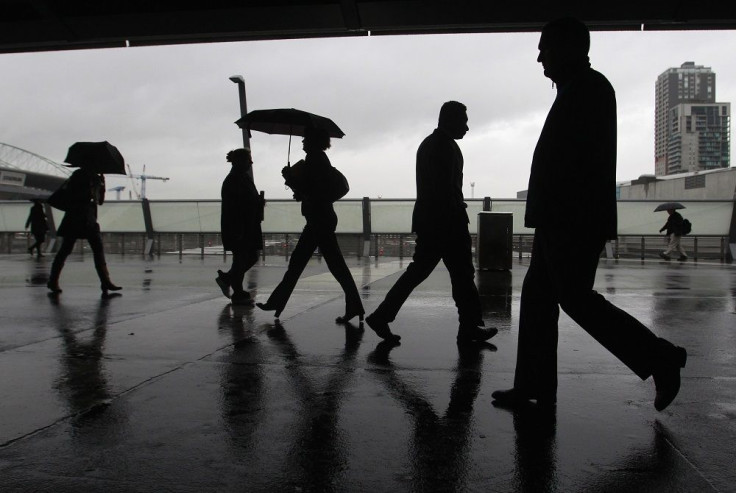Share of Australian GDP going into workers' pockets hit record low

The share of Australian GDP that goes into workers’ wallets has hit a record low, according to a new analysis. Report from the Australia Institute shows that the 46.2 percent share of GDP in the March quarter has been the lowest since 1959.
Director of the Australia Institute's Centre for Future Work Jim Stanford said the relationship between labour compensation and gross domestic product has become weaker in 2016 than any other year on record. He said the latest data confirmed the growing gap between economic growth and workers' pay packets.
According to Stanford, out of each dollar in new GDP over the last year, only 9.9 cents went into workers’ income. He said the country’s GDP grew by $31.7 billion over the year that ended in the March quarter. However, less than one-tenth of the amount was reflected in higher compensation for Aussie workers.
He explained that the rapid decline in the labour share of GDP in recent months is caused by the stagnation of wage payments amid increases in GDP. Some policies such as protection of penalty rates and stronger minimum wages are the key in order to reverse the decline in workers' share of GDP, according to him.
The economist stressed that analysis points to a need for a systematic effort by policy-makers to modernise and rebuild the institutions that regulate income distribution. "There is no reason to believe any more that economic growth alone will lift all boats and automatically trickle down into wages and salaries for working Australians,” Sydney Morning Herald quotes Stanford as saying.
Resilience of the Aussie economy
The analysis comes as the nation broke the record for the longest run of uninterrupted growth. Last week, Australia secured its 103rd straight quarter without a technical recession.
Based on the figures released by the Australian Bureau of Statistics, GDP rose by 0.3 percent in the three months to March. Australia stole the record from the Netherlands, which had to deal with a minuscule recession after 82 quarters.
Treasurer Scott Morrison commented following the release of the results, saying the figures were a reflection of the resilience of the Aussie economy. He stressed that a generation grew up without ever having known a recession, something which he described as a “tremendous national achievement” and one that Australia does not take for granted.
The economy surpassed the expectations of some analysts. Weaker points were anticipated primarily due to the impact of Cyclone Debbie.
Read More:
Jobs in Australia: Business surveys and ads point to growth in hiring
Aussie dollar tipped to be stronger against British pound
Financial Times/YouTube





















